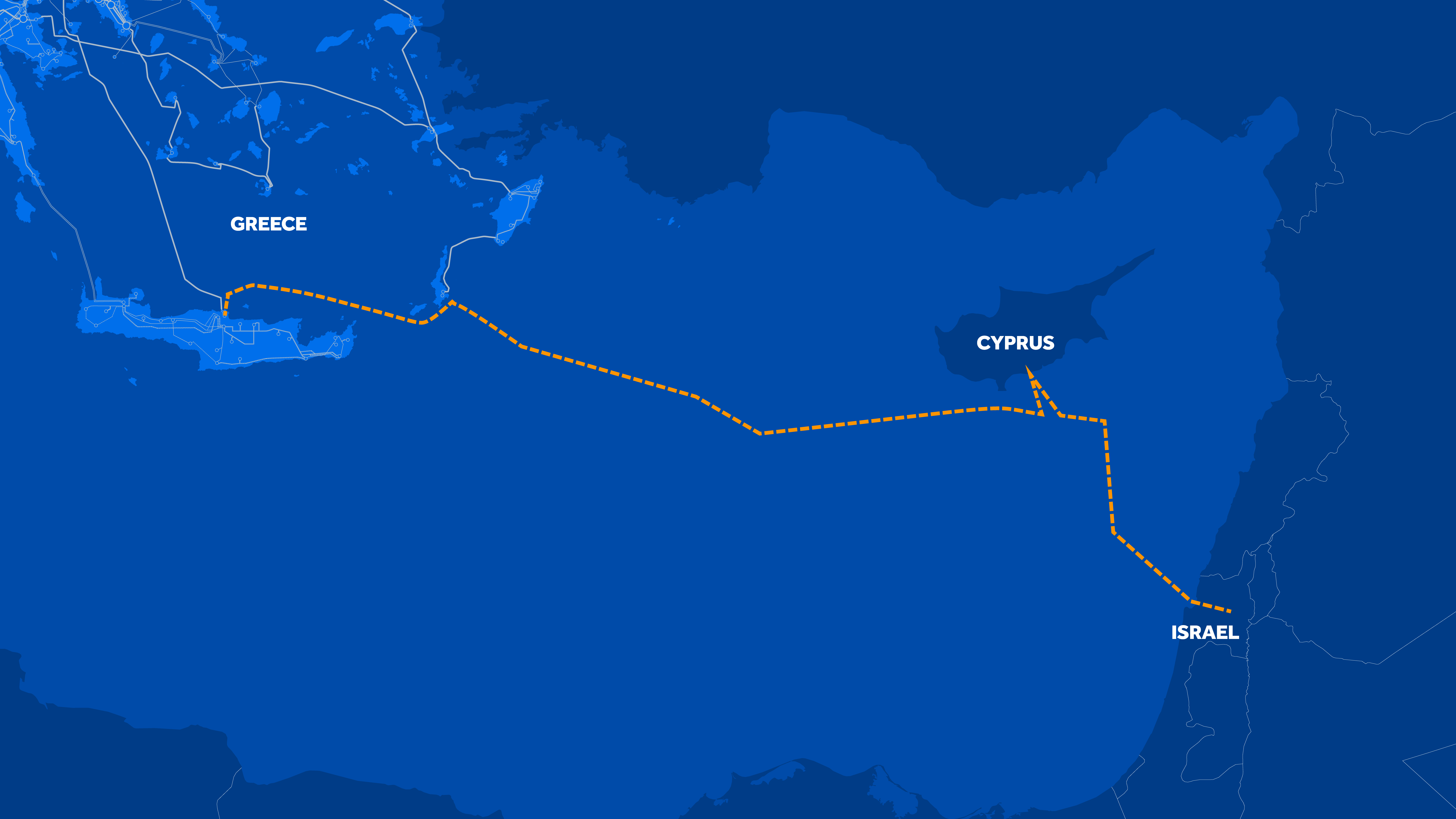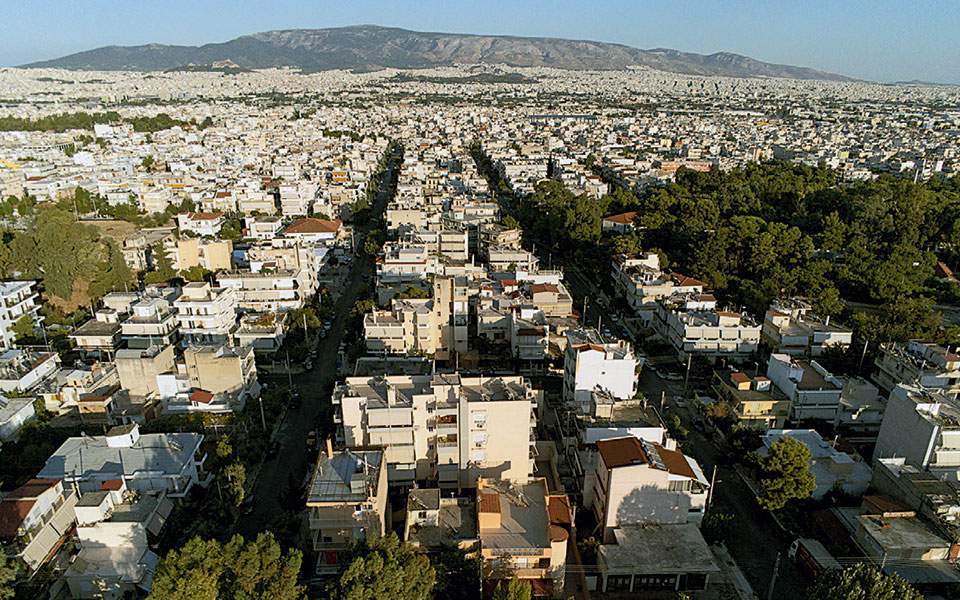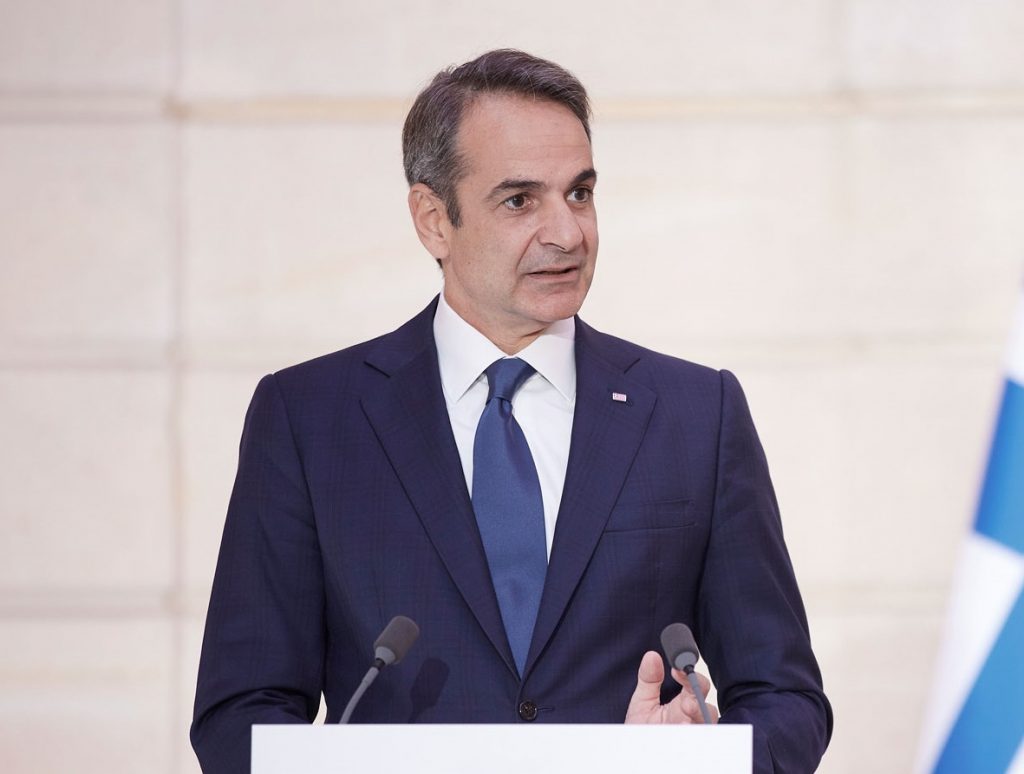An increase of between 5.5% and 9.5% is expected to be given to the minimum wage on April 1st after the completion of the prescribed procedure for determining the amount of the wages.
According to information, the new minimum wage will be over 751 euros (an increase of 5.5%), while in the most optimistic scenario it will reach close to 780 euros (an increase of 9.5%).
The acceleration of the procedure for determining the new minimum wage – so that the increases are known before the parliamentary elections – was formalized with the announcement of the Prime Minister, Kyriakos Mitsotakis, who set the effective date of the new wage at April 1st.
The third increase in a row
Thus, within the current month, the process of determining the third – in a row – increase in the minimum wage is being launched, which is expected to develop at a rapid pace, so that it is completed in March and implemented from April.
Next week, the Ministry of Labor will bring an amendment to Parliament, which will provide for the new start and end dates for the process to determine the new minimum wage, especially for 2023, since the current law provides for a different schedule.
The configuration of the minimum wage above 751 euros and close to 800 euros per month, are the new elements that arise in view of the start of the process.
When the debate on a new increase in the minimum wages was opened, the government let it be seen that the minimum wage would return, before the elections, to 751 euros – that is, as much as it was before the big reduction it suffered in 2012, at the behest of the second memorandum. However, SYRIZA “upped the stakes” by announcing a minimum wage of 800 euros, if it enters the government after the elections.
“Nudge’s as good as a wink to a blind man “
Lately, the government has been “winking” by implying that the upcoming increase will be higher (than expected) and may be “closer” to the SYRIZA proposal.
Recently, the Minister of Finance Christos Staikouras spoke of “surprises” in the rate of increase, which will shape the salary close to the average of European countries (this is determined to be close to 780 euros).
However, the Minister of Labor, Kostis Hatzidakis, avoids referring to percentages, stressing that doing so would invalidate the legal procedure for determining the minimum wage.
The government wants to portray the increase in the minimum wage as another “weapon” to tackle the problems facing citizens due to price hikes and inflation.
It should be noted that recent budget figures are also in favor of high increases, the figures of which are taken into account in the process of forming the new salary. According to them, in 2023 our country will remain on a growth trajectory (1.8%), while inflation will be around 5%.








































